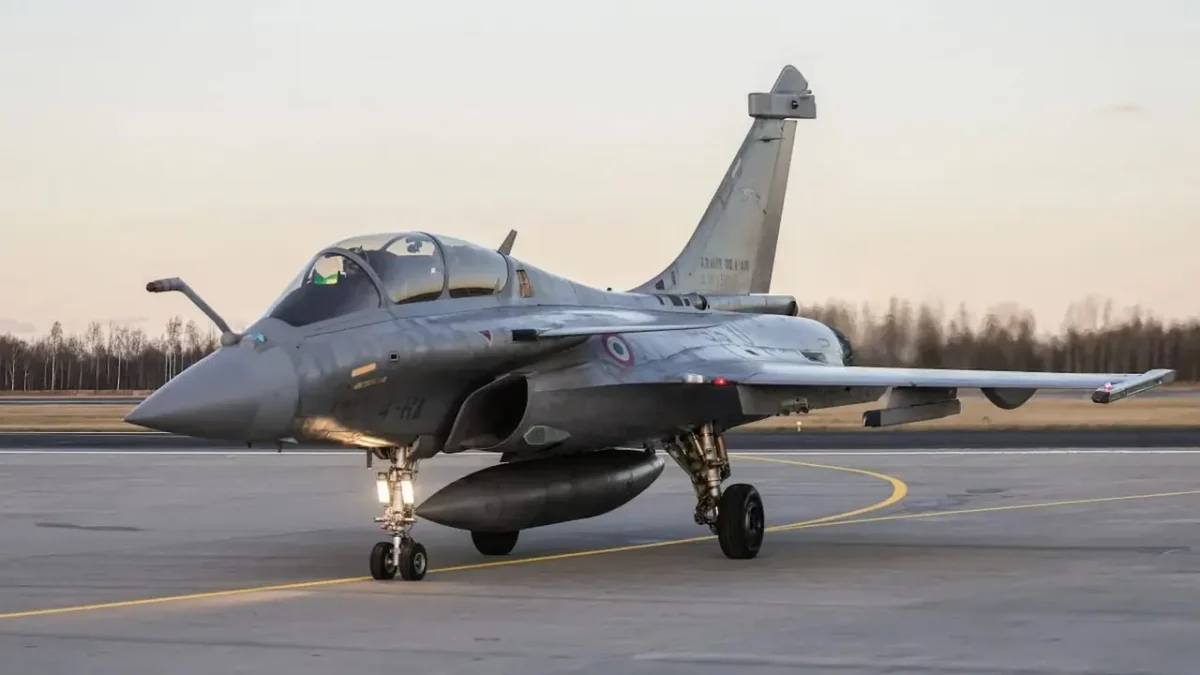Nagpur is poised to become a major production hub for Rafale fighter jets, as French aerospace giant Dassault Aviation plans to establish a full final assembly line at its existing Dassault Reliance Aerospace Limited (DRAL) facility in the MIHAN Special Economic Zone (SEZ).
This will mark Nagpur as the first city outside France to produce Rafale jets from start to finish, with the potential to manufacture up to two jets per month. The expansion from producing key components like wings and fuselage to full assembly is a significant leap for India’s defence manufacturing and aerospace sectors. If approved, production could begin within three years, with all 114 jets under the ongoing procurement plan delivered within six years—faster than current timelines in France.
Nagpur’s role is strategically important for the Indian Air Force (IAF), which currently has 31 active fighter squadrons against a sanctioned strength of 42. Beyond domestic requirements, the city is expected to support exports, with countries like Indonesia potentially receiving jets produced at the Nagpur hub, positioning the city alongside Toulouse, France, as a global aerospace production and export center.
The DRAL facility is a joint venture between Dassault Aviation and Reliance ADA Group and already produces critical Rafale components. The full assembly line will create thousands of jobs across engineering, aviation, component manufacturing, and electronics sectors, fostering a wider aerospace ecosystem in MIHAN SEZ. Hyderabad will complement the efforts by producing Rafale fuselages under Tata Advanced Systems Limited (TASL) and handling engine assembly and maintenance via Safran, France. TASL is expected to begin fuselage production in 2027–28, producing up to two per month.
Rafales produced in Nagpur will feature the advanced F4 standard, including upgraded radar and electronic warfare capabilities, enhanced integration with unmanned systems, and India-specific upgrades, including engine enhancements in collaboration with GTRE (Gas Turbine Research Establishment). The government aims for 60% localisation, which could reduce costs by around 30% and strengthen India’s position in defence exports.
If the Defence Procurement Board approves the proposal, Nagpur’s full Rafale production line will not only accelerate delivery of India’s fighter jets but also transform the city’s industrial landscape, boost employment, and solidify India’s aerospace self-reliance and export potential.













